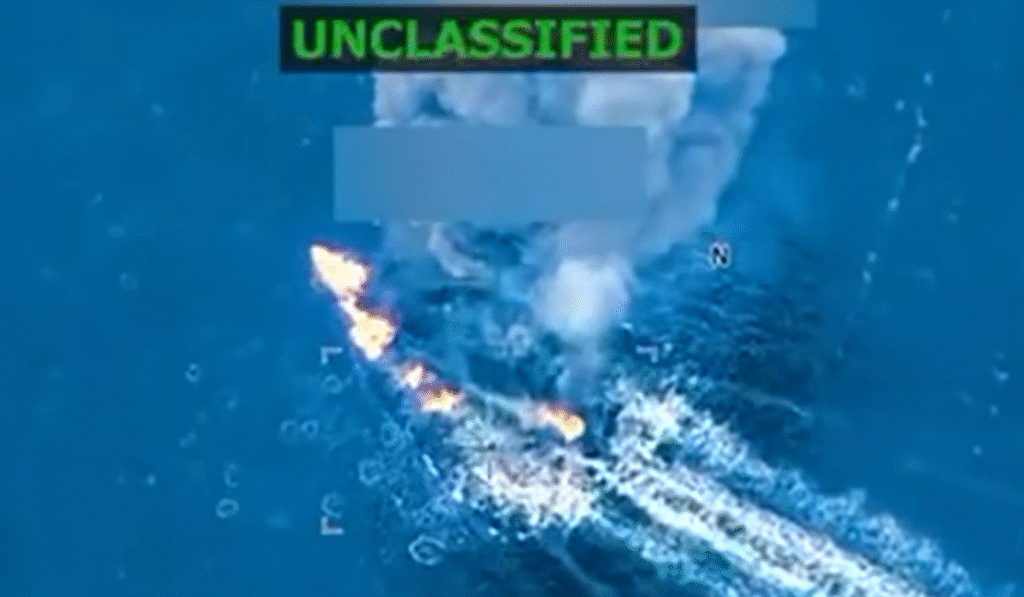U.S. forces have carried out airstrikes that killed dozens of alleged drug runners aboard boats off the Caribbean and Pacific coasts of South America since September, and the Trump administration is sharing little information about what happened, who ordered the strikes, and how the results are being measured.
These strikes show a willingness to use direct force against transnational drug networks on the high seas, and that approach is something Republicans can support when it protects American communities from illegal narcotics and cartel violence. Using military assets to disrupt bulk shipments can be an effective tool in the toolbox, but force without clear public accountability breeds distrust. Americans want results, and they also deserve to know the rules that guided these lethal engagements.
There are real operational reasons to limit detail: revealing tactics, timing, or precise locations can hurt ongoing missions and endanger personnel. Still, classified briefings and redactions should not be the same as complete opacity. When dozens of people are killed in strikes that cross maritime zones, leaders owe at least a clear, factual narrative to lawmakers and the public so that oversight can work.
Lawmakers on both sides of the aisle are rightly asking whether proper legal authorities were in place and whether commanders followed the chain of command. The constitutional role of Congress in authorizing use of force means members need accurate information to judge whether these actions fit within U.S. law. Republicans believe in strong national defense, but we also believe in constitutional checks that preserve both liberty and legitimacy.
There are practical implications beyond paperwork. If the strikes disrupted large shipments headed to U.S. markets, that is a tangible accomplishment for border security and community safety. Conversely, if intelligence was flawed or collateral risks were misjudged, we must learn that now so mistakes are not repeated. A transparent after-action review, declassified where possible, would protect future operations and public trust alike.
Regional partners will pay attention to how the U.S. explains these incidents, and diplomatic fallout can affect cooperation on counternarcotics and immigration. Allies and neighbors need assurance that U.S. operations respect sovereignty and international law while still being effective. Republicans want America to stand firm against criminal networks without needlessly alienating partners who help share intelligence and control maritime routes.
The human cost is unavoidable in violent interdiction at sea, and those losses compel careful scrutiny. Families, local officials, and international observers demand credible answers about who was targeted and why, and whether any noncombatants were harmed. Open, honest reporting helps inoculate the broader campaign against charges of overreach or lawlessness.
Public confidence hinges on clarity about objectives and success metrics: How many shipments were stopped, how many criminal leaders were neutralized, and what follow-up enforcement is planned on shore? Data-driven reporting lets voters and policymakers judge whether airstrikes are reducing trafficking or simply shifting routes. Republicans favor measurable outcomes that justify continued use of military resources in a largely law-enforcement domain.
Finally, the balance between operational security and democratic oversight is delicate but necessary. The Trump administration is sharing little information now, and that vacuum invites suspicion and speculation. Responsible leaders protect sensitive details while providing enough transparency for Congress and the public to assess legality, effectiveness, and the long-term strategy against drug networks.



